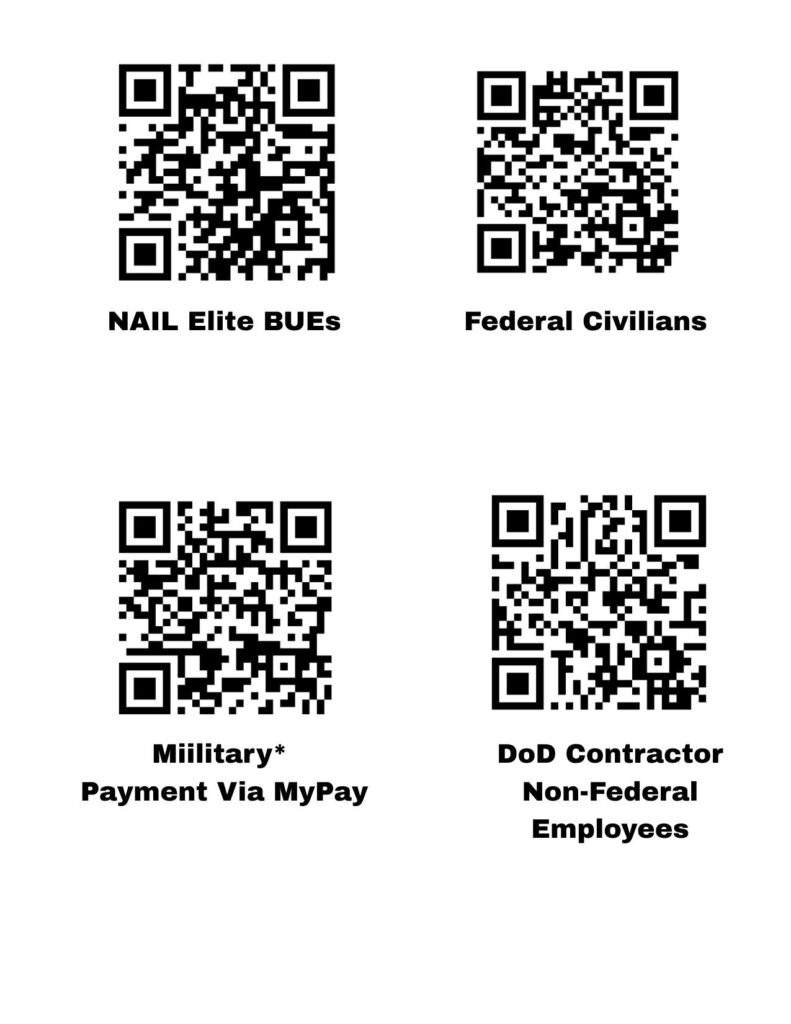
NATIONAL ASSOCIATION OF INDEPENDENT LABOR
The National Association of Independent Labor (NAIL) was first chartered in 1999 as an alternative to the affiliated unions. At the time of NAIL’s conception, the affiliated unions’ priorities seemed to have shifted from providing services to its members to member agendas. NAIL was established to break that mold and be focused entirely on member services. The mission of NAIL is to provide service to its locals, a service which is unsurpassed and unparalleled in any other labor organization.




